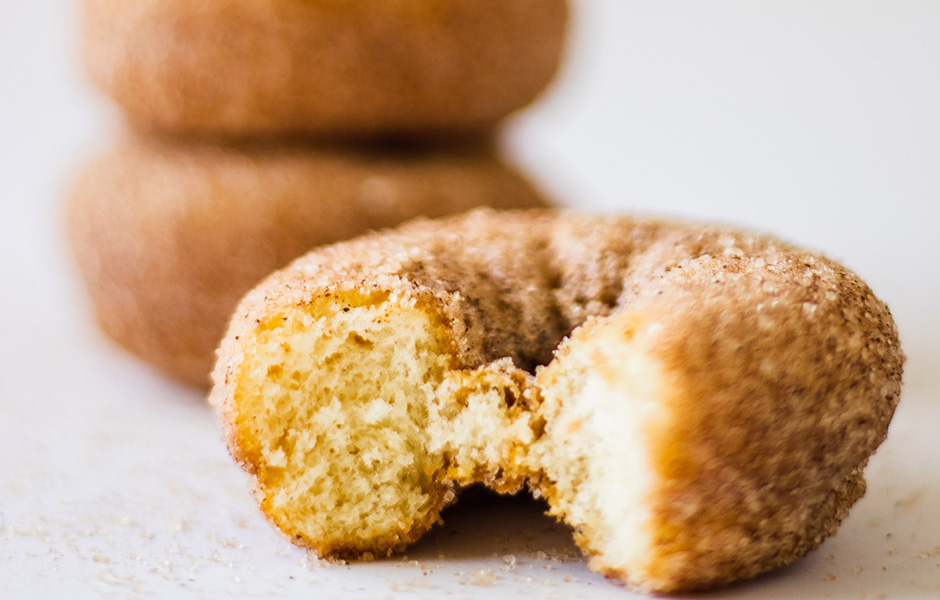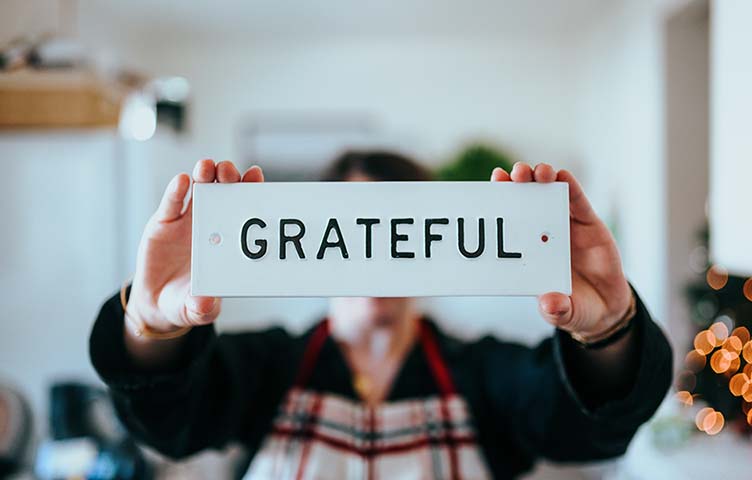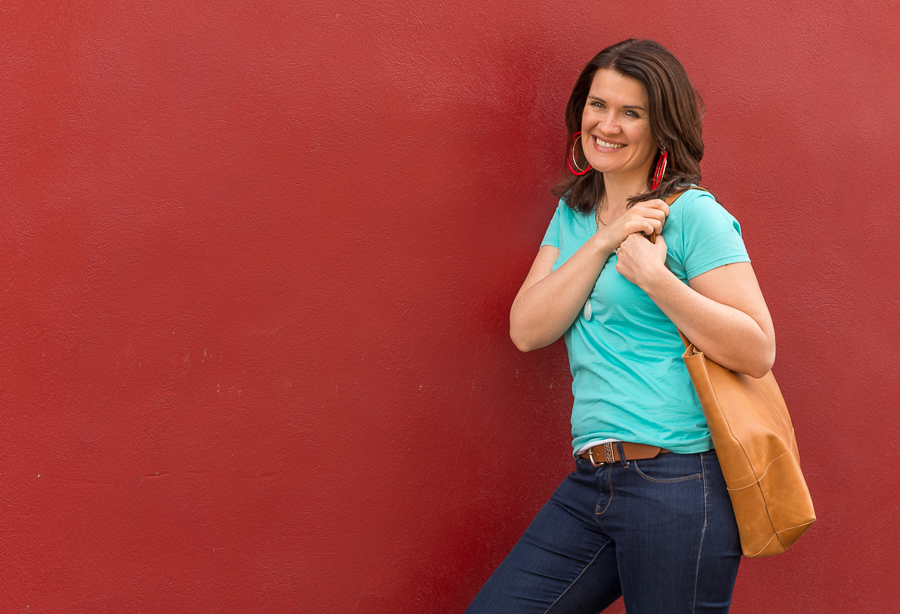Some goodbyes are fast. They blindside you and in their wake leave a painful, gaping hole in your life. But this goodbye was different.
This goodbye was slow.
When I moved in with my grandparents, a few months after graduation, I didn’t know my grandfather—Grampa, as I always called him—wasn’t quite himself. Looking back, there were signs that should have tipped me off. All the same, when you’re twenty-two and feel like you yourself are grasping at straws trying to figure out life, you miss things. I missed things. Until, Grampa became a part of my everyday.
After I moved in, each morning I would get up at least an hour before my grandparents, to get ready for my job at the bookstore. I’d shower, get dressed, and head down to the kitchen for breakfast. There, I would make coffee and pour myself a bowl of cereal. Then, I would hear him.
First, it was his foot steps as he came down the stairs. Then the wooden floor boards would creak, as he made his way down the hallway leading to the kitchen. Though, when he came to the end of the hallway, he wouldn’t step into the room and join me. Instead, Grampa would peak his head around the corner, then whispering as if he had a grand secret, he’d ask
“Melissa, would you like a donut?”
Donuts were one of his favorite things. To save him the trip to the local bakery, Nana would buy him boxes of them and then freeze them individually. They were kept in the freezer in the cellar. When I would say yes, he’d head down to the cellar, and return a minute later with a donut in each hand and a smile on his face.
We’d defrost them in the microwave, then eat them and talk as we sat across from each other at the kitchen table. Then Nana would come down, pour herself a cup of coffee, and join us. This became our daily routine. And it was almost perfectly mirrored each night, when I’d come home from work, and eat dinner with them around the same table.
When you get to see your loved ones day after day, some changes are hard to notice. Only the changes that began to take place with my grandfather were impossible to ignore. If you were to ask my grandmother, who knew him better than anyone, she may be able to tell you all the signs that eventually pointed to dementia. But the one that sticks out to me the most was our repetitive conversations.
Not long after I moved in, I found when we would talk, Grampa kept circling around to the same questions or topics. At night, over dinner he’d ask me how my day was, I’d answer, and then a few minutes later he’d ask me again. Then as the months went by, he’d tell me the same war stories from his time in the service over and over.
Only the worst part wasn’t repetitively answering the same questions, or even listening to the same stories. The worst part was he knew his memory was failing. And we could see the frustration on his face. If our minds and souls are puzzles interlocked with one another, dementia was slowly stealing pieces of my grandfather. Day by day, it was stealing them from him, and stealing him from us.
If our minds and souls are puzzles interlocked with one another, dementia was slowly stealing pieces of my grandfather. Day by day, it was stealing them from him, and stealing him from us.
Which is worse: Losing your loved one so quickly there is no time for them to suffer and for you to say good bye? Or losing them once piece at a time, and walking with them through the pain? Honestly, I’d a like a third option. A world where there is no loss. I think we all would. But as we aren’t given a third option in this lifetime, I want to share one thing that helped me as we slowly lost Grampa.
When my Grampa couldn’t remember, I decided I would remember for him. At some point, I realized it was our job as his family to remember his stories, his likes—all the things that made him, him—when he couldn’t remember for himself. This realization helped me appreciate and be present for the moments he was and wasn’t fully lucid. And now that he is gone, when our family tells his stories, it is like he is with us again.
Once, years after I moved out, when I visited Grampa in the nursing home, it was clear he couldn’t remember me. But all the same, when we went to leave, I said,
“I love you, Grampa.” In that moment, his head snapped up. He looked at me with some recognition for the first time that day. And he said,
“I love you too.”
Where have you experienced loss?
What does it look like to walk with your loved ones through suffering?
Are you in the midst of making a hard decision? Contemplating a big life change? If so, you may be interested in my FREE Making Changes Checklist that I give to all my email friends. Want your free copy? subscribe here.












Such a beautiful story, melissa. First of all, my biggest takeaway from this story is that you can freeze donuts! Brilliant! Secondly I think hearing those same stories over and over again from my own grandpa helped me remember them word for word how he would tell it, and i always bring that little grandpa flair when I retell his stories. So excited that our separation is only temporary & we’ll see them again…after we’ve told our grandkids the same stories over and over 🙂